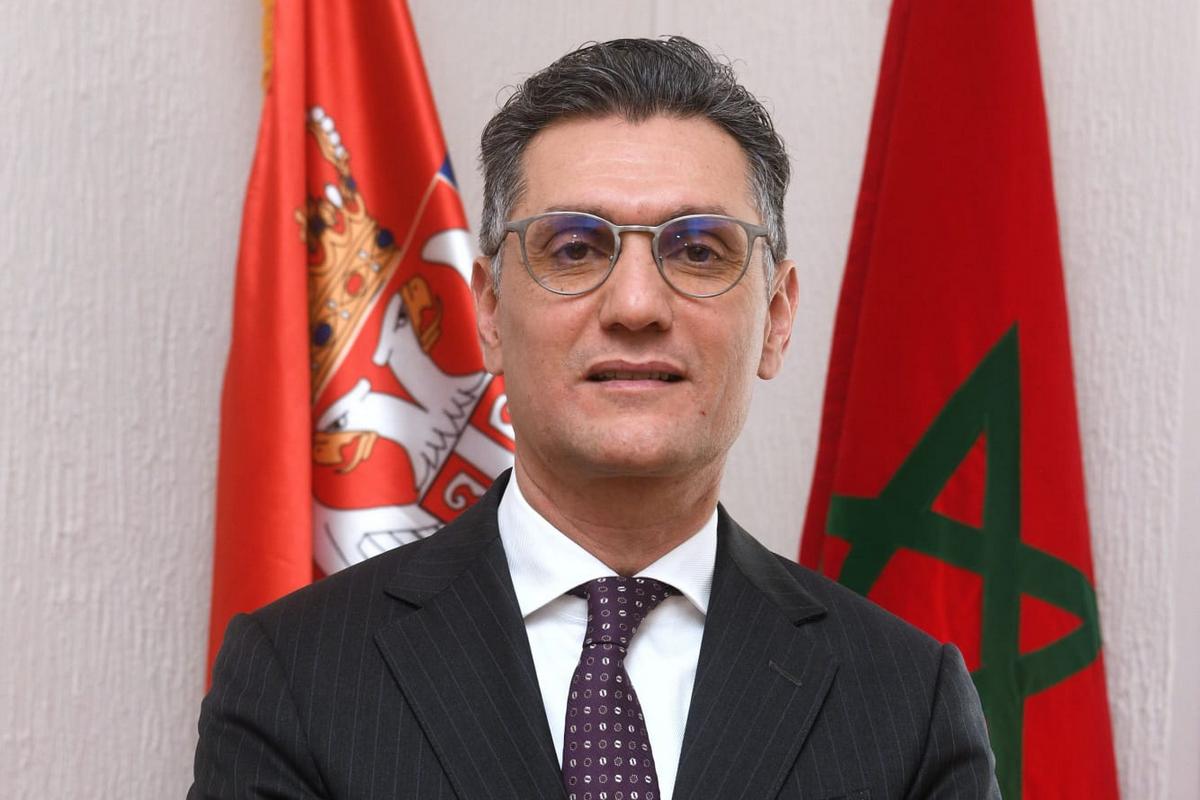The Kingdom of Morocco commemorates on November 6th, 2022, the 47th anniversary of the Green March, which represented a historical milestone in the struggle for independence from colonialism and the restoration of Moroccan sovereignty over its southern provinces.

Indeed, the Green March is a symbol of the cohesion and symbiosis that exists between the Throne and the people of Morocco, and a pivotal moment that remains forever engraved in the annals of the country enabling it to recover peacefully its legitimate territories.
That is why the celebration of this bright episode of the Kingdom’s millennial history offers an opportunity to pay tribute to the founding fathers of this nation who devoted their lives to liberate their country and reestablish its glory, under the leadership of the late King Hassan II.
In fact, this brilliant idea originated right after the confirmation by the International Court of Justice (ICJ) in The Hague of the existence of legal ties and allegiance between the Sultans of Morocco and the Sahrawi tribes on October 16th, 1975. Following the announcement of this historical conclusion, backing the rightful claims of Morocco over its Sahara, the late King Hassan II announced the organization of a unique peaceful and civilized march, that he called the “Green March”, in a famous speech addressed to the Nation.
Subsequently, more than 350,000 unarmed Moroccan civilians, convinced of the rightness and fairness of their cause, came from all the regions of the country and responded to the call of their King to march in direction of the southern provinces, on November 6, 1975, brandishing only the Holy Quran and the national flag. This epic demonstrated to the whole world how strong is the will of Moroccan people in the quest of recovering their occupied territories and immortalized the wisdom and virtuosity of the late Sovereign.
Since then, and thanks to the farsightedness of HM King Mohammed VI, the social and economic development of the Moroccan Sahara made of it a real driver of local, regional and continental development, particularly since the launch, in 2015, of the New Development Model with a budget of more than 8 billion dollars.
As a result, hundreds of structuring projects were initiated aiming at creating road, maritime and health infrastructures and industrial hubs, developing the agricultural and ecotourism sectors and promoting research and training, including through the construction of the Atlantic-Dakhla Mega port, wind farms, the Tiznit-Laayoune-Dakhla expressway of more than 1055 km as well as many desalination plant for water irrigation.
In addition to this economic and social boom, the Moroccan stance over the artificial regional dispute over the Moroccan Sahara is experiencing an unprecedented diplomatic breakthrough. As a matter of fact, an international alliance of more than 90 United Nations Member States support the Autonomy Plan, presented by the Kingdom in 2006, as the solution to resolve this long-lasting fabricated issue, while 30 of these countries (23 African States) have opened Consulates General in the southern provinces (12 in Laayoune and 18 in Dakhla).
This momentum was also confirmed by the last Resolution n°2654, adopted by the Security Council, on October 27th, 2022, which reinforces Morocco’s approach based on international legality, the will of the people and the reality on the ground, and commends the Moroccan Autonomy initiative as a serious and credible basis to solve this matter.
Moreover, the resolution reaffirms the format of “round tables” as the only framework for discussion to achieve a final solution to the regional dispute over the Moroccan Sahara, with the participation of all the involved parties in this futile quarrel. The said resolution calls upon the aforementioned parties to remain committed to this process throughout its duration, in a spirit of realism and compromise, in order to achieve a “realistic, pragmatic, sustainable and based on compromise” political solution, which can only be the Moroccan Autonomy Initiative, whose pre-eminence was reaffirmed again by the Security Council, thus ruling out all inapplicable options claimed by other parties.
Mohammed Amine Belhaj
Ambassador of the Kingdom of Morocco to the Republic of Serbia